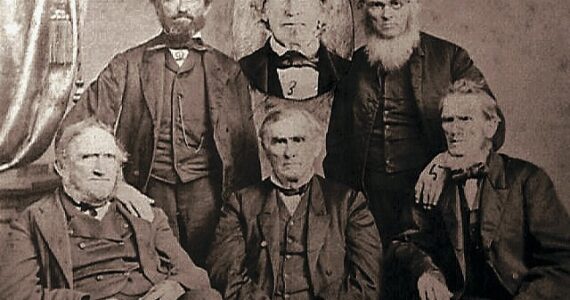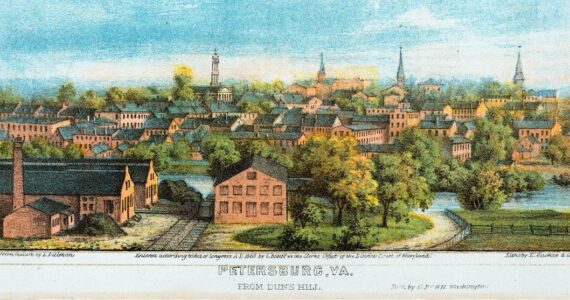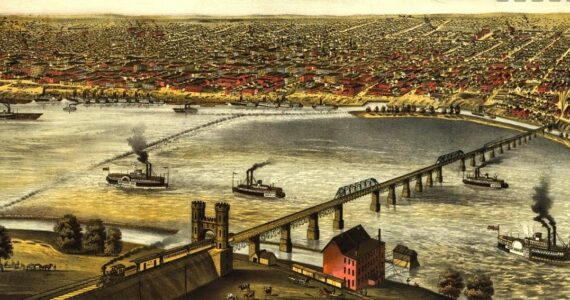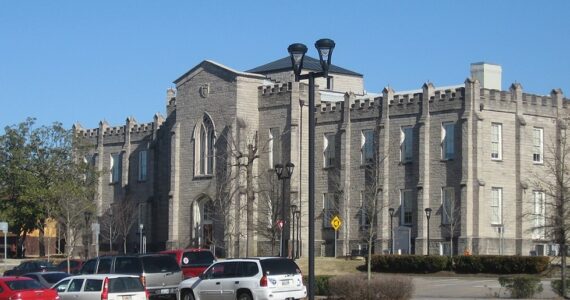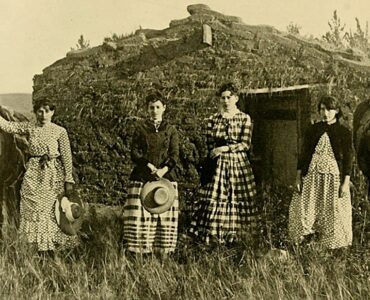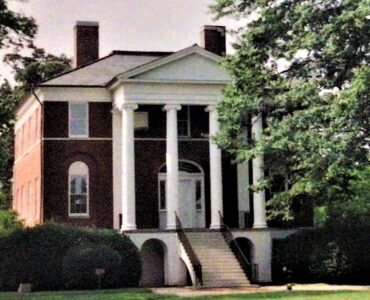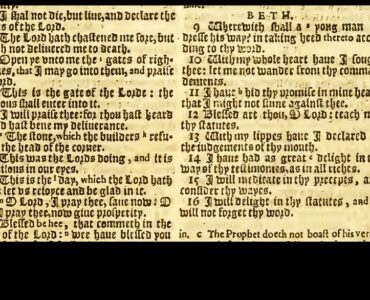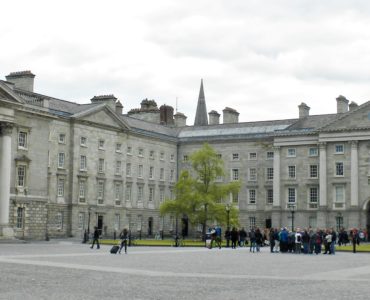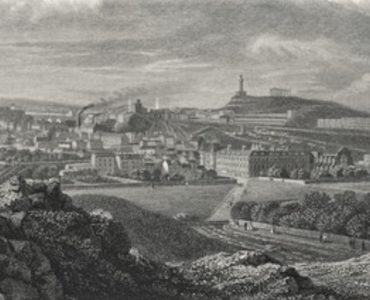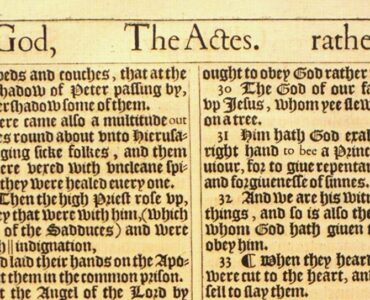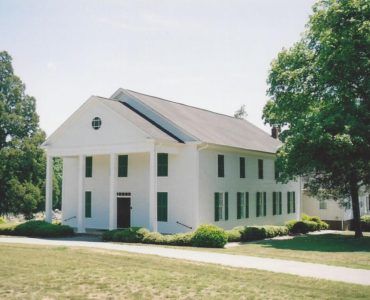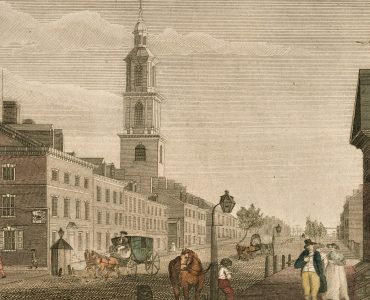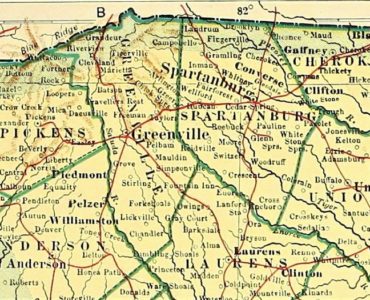William Swan was born July 26, 1802 to William and Catherine (McAlester) Plumer in what is currently Darlington, Pennsylvania. He was the youngest of nine children. Before attending college at the age of...
Latest Posts
Categories
Notes & News
On R. Scott Clark's Heidelblog he posted, "Why Did the Geneva Consistory Insist on Biblical Names at Baptism?" which interacts with a blogpost by Matt Tuininga. As Clark begins his article he quotes Tuininga. "During Calvin’s time in Geneva probably the single greatest area of controversy between the consistory and the people of Geneva revolved around a seemingly very trivial issue: names. To summarize a longstanding Geneva controversy, Calvin and the other pastors (all of whom were French; not a single one was a native Genevan) launched a campaign to prohibit the people of the city from giving their children traditional or familial names associated with Catholic saints or pagan figures, requiring instead that all infants must be baptized with a Christian (biblical) name." As a historical study it is intriguing, but could we learn something from it about the significance of names and how they could represent a child's identity as a member of the covenant community loving Scripture. Also, is nameing a child a "seemingly very trivial issue." Should Christian parents use given names held high by the world such as athletes, political figures, and hollywood personalities, or should they want to honor heroes of the faith such as Joshua, Esther, Daniel, Elizabeth, Mary, and Barnabas? [posted 12/16/2025]
CONFERENCE~ Greenville Presbyterian Theological Seminary will be gathering in Greenville for prayer, fellowship, singing, and the preaching of the Word March 10-12, 2026 with the sessions focused on the theme, “The Church: The Bride of Christ.” Seminary president Jonathan Master will be joined by several faculty and pastors as they exposit Scripture regarding this important but neglected subject. For further information see on the GPTS website "2026 Confessional Conference page" [posted 10/10/2025]
PCA Ruling Elder Brad Isbell has edited Presbycast Pravda for about five years. His podcasts and posts cover diverse topics from a fine memorial for Queen Elizabeth II, to analysis of issues faced by the PCA, and on to fond memories of his childhood and how things change. Most recently he has found the thought of J. Gresham Machen an interesting endeavor. An item in my inbox today from the office of Presbycast Pravda which is hidden deep in the hollers of eastern Tennessee to avoid detection by New School Presbyterians is titled "Mencken Muses on Machen, Part 1". Since D. G. Hart brought to light Mencken on Machen in Defending the Faith: J. Gresham Machen and the Crisis of Conservative Protestantism in Modern America, 1994, the renowned columist of the Baltimore Sun has been receiving positive reviews because he respected Machen. I think Mencken's perspective is helpful, however, his positive assessment was often at the expense of William Jennings Bryan, a fundamentalist Presbyterian (i.e. little understanding of Reformed theology if any at all) who I think deserves a fairer analysis for his work opposing modernism. Check out Presbycast at the article linked above. [posted 4/4/2025]
John Calvin might be thought by some a tyrant insensitive to the views of others, especially when it comes to interpreting Scripture, but R. Scott Clark makes the case that he was receptive to interpretations of the Bible by other commentators. He shows that Calvin's use of “if anyone prefers” and “I do not object” (as in the English editions by the Calvin Translation Society) shows willingness to accept different interpretations. He also notes that the brevity of Calvin’s insights in the commentaries is because topics are developed more fully in the Institutes. See "Calvin as Exegetical Moderate" on Heidelblog. [Posted 6/17/2024]
In 2016 a review ofPioneer Girl: The Annotated Autobiography, Laura Ingalls Wilder, edited by Pamela Smith Hill and published by the South Dakota Historical Society was posted on Presbyterians of the Past. The continued interest in Wilder's books and abundant viewings of readily available reruns of Little House on the Prairie keeps her work before the public, and home school parents often include her books in their reading curriculum. Church was an aspect of Wilder's life and Professor of History John J. Fry of Trinity Christian College has published A Prairie Faith: The Religious Life of Laura Ingalls Wilder, Eerdmans, 2024, to present his extensive research into the religious views of a popular but private person. Author of the foreword, Mark A. Noll, says that the book is, "An outstanding example of how detailed research can supplement, modify, or, in some cases, overthrow what everyone thought they knew about an author whose books are still much read and, by many, much loved." The author's expertise researching the rural American West primarily from period newspaper sources was essential for presenting his case since Wilder wrote for rural periodicals before composing her famous books. Readers may find Dr. Fry's findings surprising. I think reading this book in conjunction with Pioneer Girl would provide a more thorough understanding of Wilder and her work. [Posted 5/22/2024]The Kentucky Tribune, Danville, Sep. 2, 1853, p. 2, provides a news snippet about Presbyterian of the past Stuart Robinson. "Rev. Stuart Robinson, formerly of Frankfort and now of Baltimore, has declined the honorary degree of D.D. lately conferred on him by Centre College." Unfortunately, the reason he turned down the degree is not given. The Doctor of Divinity is commonly given by educational institutions to honor ministers and professors of note, so knowing the reasoning behind his decision would be interesting. Before earned doctorates became commonly used to confirm the knowledge and ability of a recipient, the D.D. provided the assessment of knowledgeable peers that a recipient had achieved exceptional standing. The D.D. is still given to honor and acknowledge the achievements of individuals, but its use is not as frequent. There must have been a significant issue because his action surely offended some members of the Centre community while making others plain angry. Within a few years he would be teaching at Danville Seminary and the abandoned D.D. might have proved useful since the seminary was a neighbor of Centre College. To read about Robinson see the article, "Stuart Robinson, 1814-1881". [Posted 3/21/2024]
Commenting on 1 Peter 1:2 , Edmund P. Clowney says of "May grace and peace be multiplied to you," that: "What makes a greeting a blessing? Peter gives the answer in the words that precede his blessing. It is the work of the Spirit. When a minister of God's word pronounces a blessing at the end of a worship service, it is the action of God's Spirit that gives power to his words. Grace, is a gift; God is the giver. Our words of blessing are not magic; they do not communicate grace by their own power, or because we speak them. But when they are spoken in faith to the people of God, God honours them. They are much more than wishes; more, even, than prayers. They declare God's own favour to those who are in Christ." (The Message of 1 Peter, IVP, 1988) [Posted 2/16/2024]
While writing the post, "Review, D.G. Hart, Benjamin Franklin, Cultural Protestant" I was reminded of a story I read about him when I was in the fifth grade. It was about his inventions such as bifocals, a device for retrieving books from high shelves so the need for a ladder was avoided, and his more efficient stove for heating homes that required fewer logs per day. A boy asked Ben why he invented the things he did. He answered, "Because I am lazy." He said he was too lazy to switch from distance to reading glasses; too lazy to get the ladder and climb it to retrieve a book; and too lazy to go out to the wood pile and retrieve logs. Reading Hart's biography will dispel any thought of laziness as Franklin's work ethic is clearly presented. If he had been lazy, what he might have accomplished through more industry would have been staggering. [Posted 2/20/2023]For a fine chapter about the coming of the Son of God, see William Swan Plumer's "The Incarnation of Christ" transcribed on this site as from The Rock of Our Salvation: A Treatise Respecting the Natures, Person, Offices, Work, Sufferings, and Glory of Jesus Christ, American Tract Society, 1867. A link to a biography on this site is provided in the introduction to the chapter. [Posted 12/2/2022]Pontius Pilate asked, "What is truth," which was a question Jesus had already answered in the High Priestly Prayer in John 17:17 saying, "Thy word is truth." Dr. Neil Shenvi is the author of Why Believe? A Reasoned Approach to Christianity published by Crossway. He was interviewed on reformation21's podcast dated September 28, 2022 and titled "Why Believe?" He said the following: "If its true it doesn't matter if you like it ... if its true, it's just true." Dr. Shenvi and the interviewers discussed the relationship of natural and special revelation in the course of their brief discussion as well as the author's experiences as a researcher at Yale and Duke apologetically confronting his academic colleagues with Christ. [posted 9/30/2022]



